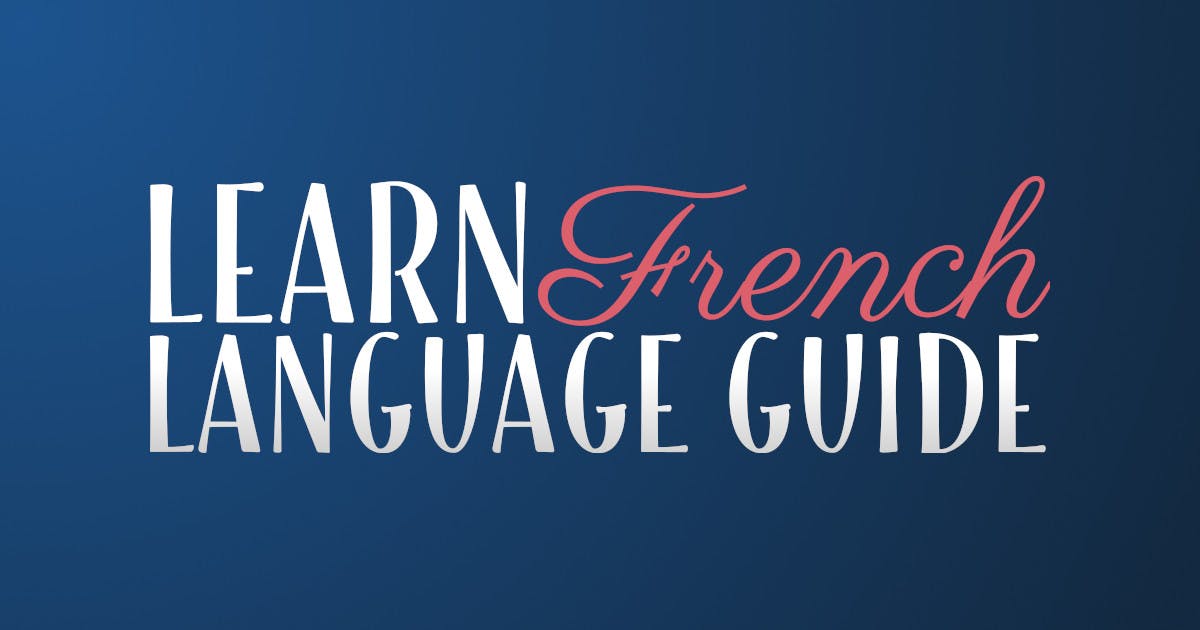Useful Phrases In French For Renting A Car
Now, let's rent a car in France.
Dialogue
Bonjour, madame. Puis-je vous aider?
Good morning madam. Can I help you?
Je vous ai telephone il y a deux jour a propos d'une location pour ce week-end.
I called you two days ago about rental for this weekend.
Je me souviens. Vous vous rendez in province, n'est pas?
I remember. You're going to the provinces, aren't you?
Absolument. Il me faut une petite voiture, avec votre forfeit week-end.
That's right (absolutely). I need a small car, with you all-in weekend rate.
Bien sur, madame. Mais d'abord, quelques petites formalites et vous etes en route.
Of course Madam. But first a few formalities, and then you're on (your) way.
Il me faut votre permis de conduire et une carte de credit.
I need your driver's licence and a credit card.
Votre nom et adresse?
Your name and address?
Suzanne Dupres, ca s'ecrit "day oo pay air ay ess"; quarante et un Rue Grenelle, Paris.
Suzanne Dupres, that's written D-U-P-R-E-S; 41 Grenelle Street, Paris.
Avez-vous un contact ou un numero de telephone a Strasbourg?
Do you have a contact or a telephone number in Strasbourg?
Non. Enfin, si. Je descends a l'hotel de Colmar.
No. Well, actually yes. I'm staying at the Colmar Hotel.
Tres bien. Voulez-vous une assurance complementaire?
Fine. Do you want additional insurance?
Non merci.
No thank you.
Alor mettez vos initiales dans les cases A et B er signez en bas, s'il vous plait.
Then initial boxes A and B and sign at the bottom, please.
Voici donc votre contrat et les cles de la vouture. C'est la Peugeot verte en face.
Here's your agreement and the car keys. It's the green Peugeot opposite.
Avez-vous besoin d'une carte routiere?
Do you need a road map?
Non merci, je connais bien la region.
No thanks. I know the region well.
Alors, je vous souhaite bonne route.
Then have a good trip.
Renting a car in French
This all sounds very familiar when renting a car, doesn't it? Here we see the simple way of phrasing a question, which is to reverse the verb with the noun, just as we do in English.
I can. Can I?
Je puis. Puis-je?
In many cases, it seems easier to use est-ce qu'il since you can then take the declarative sentence and just add the phrase.
Either way is acceptable.
The reflexive pops up again here. "Je me souviens" , "I remember", can be translated "I remind myself". But here is an odd way to say "yes". Non. Enfin, si.
When "yes" is a contradiction, we use "si".
Vous ne voulez pas une tasse de cafe?
You don't want a cup of coffee?
Si, si. J'en prends.
Yes, yes. I'll take one.
A few idioms that may be confusing surface in this scene as well. "Alors" means well, then, so, etc. Kind of a conversational entree or filler. But you noticed that Suzanne used "Enfin" to mean "well".
Enfin, c'est un peu different.
Well, that's a little different.
It denotes some contradiction or difference. More like "well, but" or "in fact". Try to use these subtle fillers to sharpen up your spoken French.
Sample sentences
- Je vous ai telephone ____ deux jours.
- Il me faut une ____ voiture.
- Il me faut votre permis de _______ et votre ____ de ______.
- Je vous souhaite une _____ route.
- Vous ne voulez pas une tasse de cafe? __,__, j'en prends.
Try to say these in French:
- What is your name and address?
- Give your name and address in French. (This is a good thing to know how to say and spell!)
- I'm staying at the Hotel Colmar.
- Are you staying (rester) there long?
- Well, I'll be there for two weeks.

SUBSCRIBE: